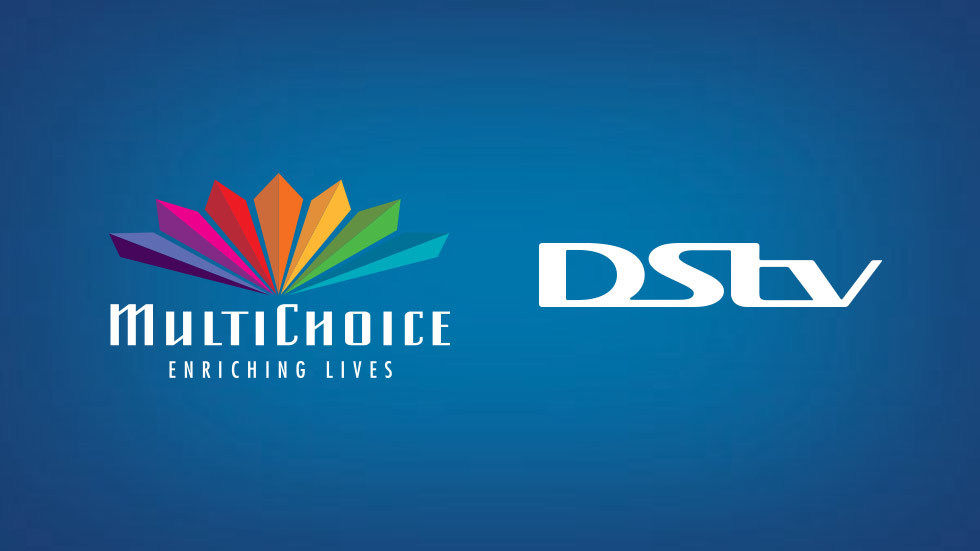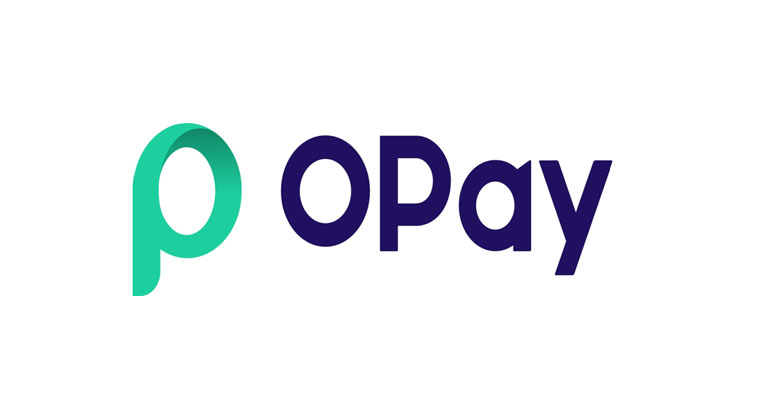- Telecoms Sector Added N1.4tn to GDP in Q3
The Nigerian Communications Commission (NCC) yesterday said the telecommunications sector, contributed N1.398 trillion, or 1.11 per cent in the real terms to the Gross Domestic Product (GDP) in the third quarter of 2016.
In a statement signed by NCC’s Director of Public Affairs, Mr. Tony Ojobo, which was made available to the media in Abuja, he said the sector’s contribution to the GDP was released by the National Bureau of Statistics (NBS).
Ojobo said the third quarter figure was slightly lower than the N1.5 trillion recorded in second quarter of 2016, adding that the figures however reflected the sign of the times.
The statement read: “The GDP for telecommunication as at Q3 of 2016 under information and communication contracted 0.95 per cent in Q3 2016 from 1.49 per cent in Q2 2016 and 4.69 per cent in Q3 2015.
“The information and communication sector contributed 9.9 per cent to total nominal GDP in third quarter of 2016, which is the same rate as recorded in the same quarter of 2015, but lower than the 12.6 per cent it contributed in the preceding quarter.
“The sector grew by 1.11 per cent in real terms, year-on-year in the Q3 of 2016 from the recorded rate in the period of 2015, which was 4.16 per cent point lower and also lower by 0.25 per cent points when compared with the rate recorded in the second quarter of 2016.”
According to the statement, further breakdown of the GDP constant basic prices for information and communication under the telecommunications and information service as at Q1 of 2015 is N1.3 trillion and Q2 of 2015 is N1.5 trillion and Q3 of 2015 is N1.3 trillion and Q4 of 2015 is N1.6 trillion which translated to N5.9 trillion for 2015.
The statement added: “Mobile telephone subscription increased from 149million in quarter 2 of 2016 to 153million as at September, 2016 (Q3) and teledensity now is 109 per cent.”
The five big players in the sector according to the statement included, Airtel Nigeria Limited, Etisalat Nigeria, Globacom Nigeria Limited, MTN Nigeria Communications Limited and NATCOM Consortium trading as ntel.
“Fixed/fixed wireless operators include IPNX, 21st Century Nigeria Limited, Glo Wired and MTN Wired in that order who have contributed to the growth of the sector meaningfully. There is a new entrant, Smile Communications providing voice over internet protocol services among others.” it said.
NCC, said Mobile Network Operators (MNOs) control about 99 per cent market share while 0.2 per cent is reserved for other operators. Internet subscriptions rose from 31.1million in 2012 to 93.6million as at September, 2016 representing about 200 per cent growth rate.
The statement revealed: “In terms of market shares by GSM operators or (MNOs), MTN controls about 40 per cent of the market with 60.5million active subscribers base.
“Globacom has 36.9million subscribers while Airtel and Etisalat have 32.7million and 22.5million subscribers respectively.
“With anticipated new investments in the areas of broadband Infrastructure in the next few months, the sector which already has about $68 billion total investments so far is likely to add more to the national GDP.”


 Forex4 weeks ago
Forex4 weeks ago
 Naira3 weeks ago
Naira3 weeks ago
 Billionaire Watch3 weeks ago
Billionaire Watch3 weeks ago



 Naira4 weeks ago
Naira4 weeks ago






 Naira3 weeks ago
Naira3 weeks ago


 Naira2 weeks ago
Naira2 weeks ago






 Naira2 weeks ago
Naira2 weeks ago
 Commodities4 weeks ago
Commodities4 weeks ago





















